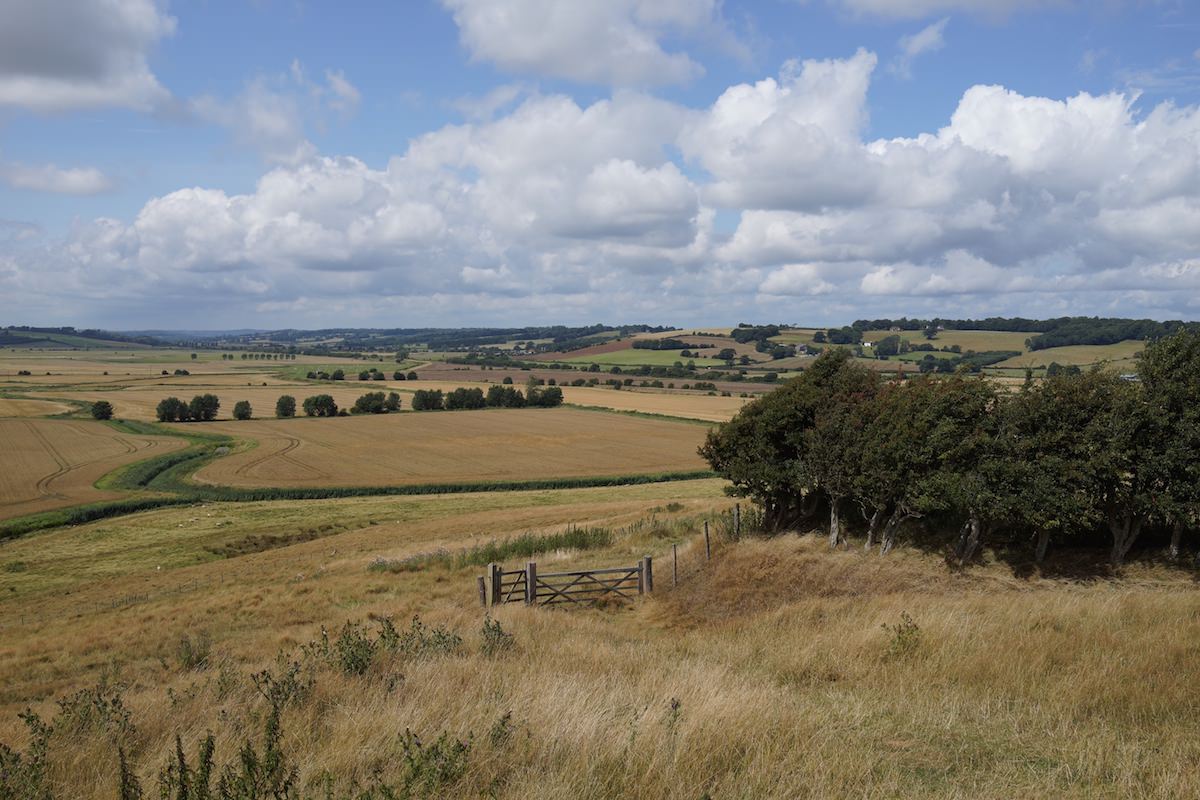Some of us see the vote for Brexit as the chance for liberation from the worst of the EU: red tape, a financial burden on the nation, uncontrolled migration. Others see it as a disaster. We are now all painfully aware of this split in national opinion.
I recently attended a special presentation and consultation meeting on Brexit, one of several held by the Country Land and Business Association (CLA) for its members. The message delivered by the CLA was clear. Whilst there are challenges, farmers should see Brexit as an opportunity. And they should remember that financial support will remain until 2020.
This does not mean that their Director of Policy – Christopher Price – believes that farming can assume that it will win in the inevitable fight to come between competing interests for the share of funds currently dedicated to agricultural subsidy. What he did stress, though, was that those farmers who are prepared to see their farming practice as a business which delivers not just food for Britain, but also other important benefits, are likely to continue to receive government support.
So what sort of opportunities await farmers after Brexit, when it finally happens?
Primarily, is the opportunity to thrash out a new “world leading food, farming and environmental policy”, which will get rid of the problems with CAP. Price also believes that farmers who can demonstrate environmental benefit are likely to receive financial support. (He reminded us of how influential the National Trust, RSPB and other environment interests are. ) Further, farmers who can demonstrate the best levels of productivity (though he was unclear what criteria for productivity will apply), should benefit. Influential politicians may well argue for a higher level of food security (though the indications here are conflicting, what with all the talk of free trade). No one yet seems to know how the new government will stand on biological manipulation such as synthetic gene techniques, nor on bees and neo-nicotinoids. The general gist of what he was saying seemed to be that the government will not hand out money to a farming system simply for producing food. Farmers will have to comply with other conditions, not yet determined.
Overall, his message was to streamline your farming operation so as to be as little dependent on subsidy as possible. To those who dreamt of the end of red tape he had a cautionary message: most so-called red tape is in fact the result of long discussed/fought over legal questions and is the inevitable outcome of any government intervention either EU or British, especially so where the red tape applied to people who receive public financial support. So he did not see much reduction in it, though the CLA will be campaigning for an immediate end to pointless or obstructive rules. But he felt it was in most businesses’ interests for government to enable existing regulation to continue post Brexit so as to provide certainty. After 2020 those rules can be modified as and when government has the time amongst all the other administrative burdens of making Brexit happen.
One curious feature of the meeting we attended in Worcester was that the local MEP representing UKIP, who attended along with us and several farmers and agriculture professionals, spoke at length in a way which clearly assumed that farmers are “on his side”. UKIP has indeed garnered support from some farmers. Those farmers who oppose UKIP’s agenda ( including those who rely heavily on EU migrant workers) may find they need to make an extra effort to stand up and get their voices heard in the ensuing national debate over agriculture and agricultural support.



